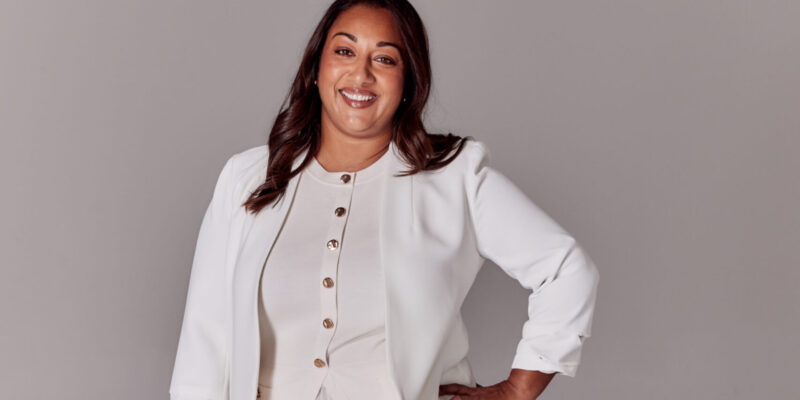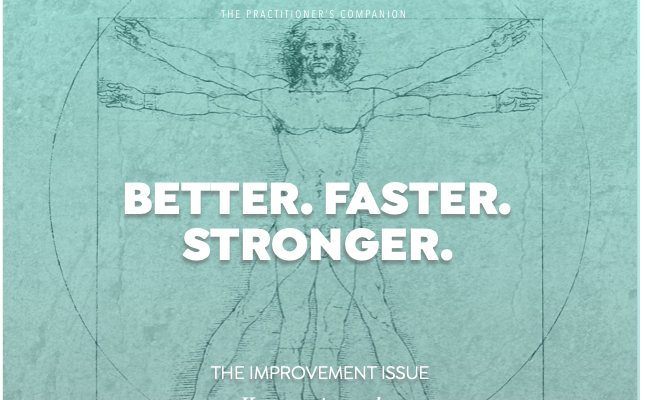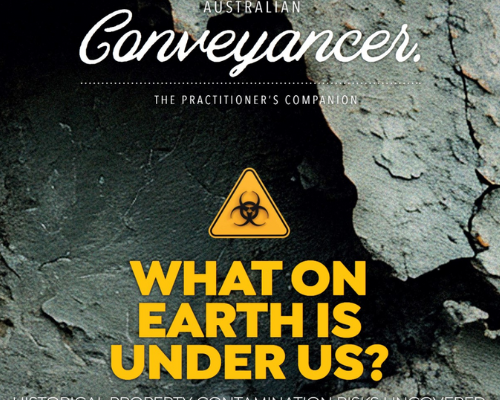Tech advances in conveyancing will not replace the human touch
AIC VIC president Shakila Maclean on why relationship-building and empathy are crucial to be a successful practitioner.

AS conveyancing continues to transform thanks to technology, it is vital to retain the human element, licensed conveyancer Shakila Maclean says.
The Australian Institute of Conveyancers Victorian president says tech advances will undoubtedly lead to greater automation and digitisation, freeing up time and enhancing productivity, but striking a balance is crucial.
“It’s really important that that human element, particularly communication and relationship building with clients, will still remain critical to the future of conveyancing,” she says.
To me, the future of conveyancing is about balancing workload effectively, embracing new technologies, and still maintaining the personal connections that clients truly value
Shakila founded All Hours Conveyancing over 15 years ago, and has maintained a presence in the Melbourne CBD ever since, even through the Covid lockdowns.
Her business is a source of pride, and she says its growth through word of mouth and repeat clients is a testament to the trust clients place in her and her team.
“For me it shows that when we prioritise quality and service and genuine client care, the clients follow,” she says.
“It’s just a reminder that in conveyancing, relationships are as valuable as the transaction itself.”
“One achievement I’m particularly proud of early on in my business.
“I was working with a client who had defaulted on their property transaction and faced penalty costs in the tens of thousands.
“Knowing my client couldn’t afford such a high amount and was hoping for any reduction, I engaged in numerous discussions with the vendor’s legal representative.
“In the end on the morning of settlement, after lots of discussions the Vendor had agreed to reduce the penalty to $5,000 if we settled that day. We did settle that day, the 31st of December.
“This experience significantly boosted my confidence, allowing me to handle challenging conversations and negotiate effectively under pressure.
“Being able to deliver such a positive outcome with such high stakes and tight timelines the scenario was a defining moment for a younger me early in business,” she says.
“In addition, working with clients from diverse backgrounds and understanding their unique needs helped refine my approach to making my business more adaptable and client focused.”

Looking ahead, Shakila foresees significant challenges in the industry as property transactions become increasingly complex amid changing regulations and more sophisticated legal and financial arrangements.
Conveyancers will need to stay proactive with upcoming reforms, particularly those related to taxation and any agreements people have made, she says.
“There’s also that big elephant in the room, which is about maintaining cyber security.”
Shakila says it is integral that conveyancers implement the strongest cyber security measures in order to protect sensitive client data and their own businesses.
This is especially so as federal plans to build 1.2 million new homes before 2030 are underway and expected to boost the number of conveyancing transactions, Shakila says.
As the conveyancing market gets increasingly competitive, it also remains of utmost importance that high standards of service are maintained.
Shakila has been pushing for a prohibition on referral fees in Victoria, and for compulsory ongoing continual professional pfor conveyancers.
“It’s a really important topic in Melbourne,” she says.
When it comes to gender equality, she sees that women conveyancers still face challenges particularly with career progression and juggling work-life balance.
However employers are becoming more aware of this and willing to support more flexible working arrangements, she says.
“I’m hearing from the Victorian fraternity that employers are a lot more flexible or open to working with the employee, rather than just a one-size fits all,” she says.




